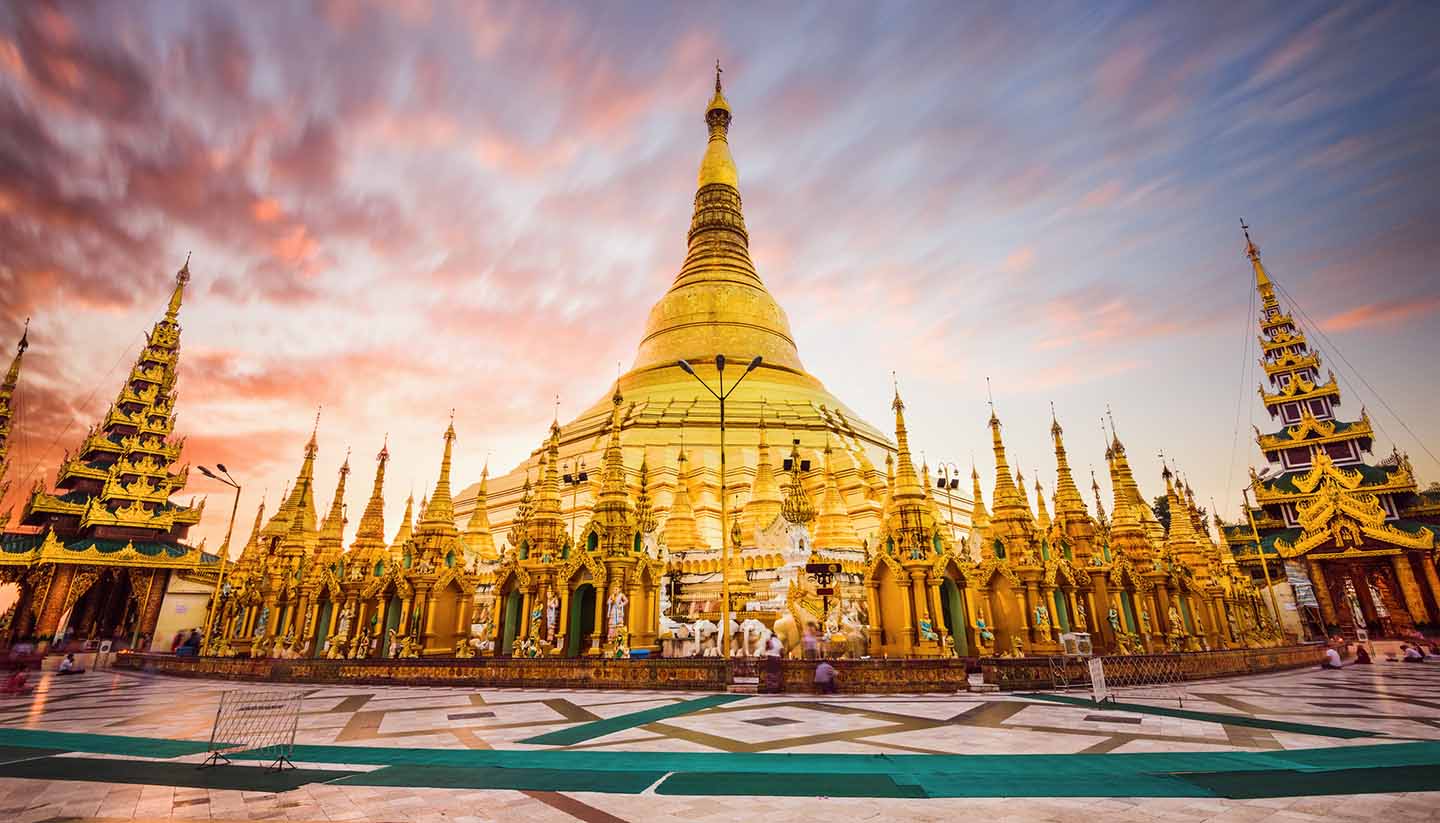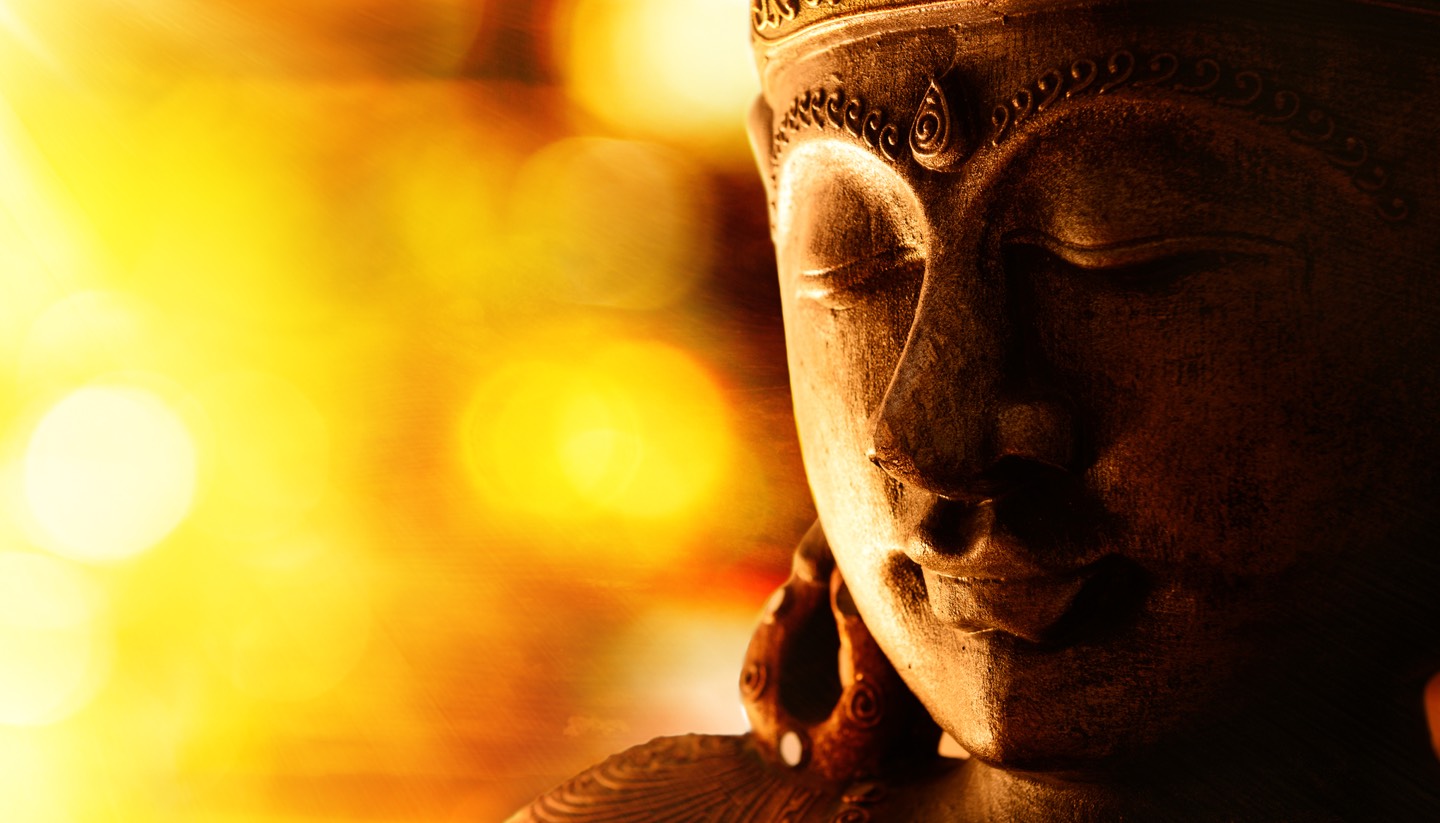Getting Around Myanmar
Air
Air travel is an efficient and relatively cheap way to get around Myanmar, and is particularly appealing given that bus and train journeys between major tourist sites tend to be long and often uncomfortable. Myanmar National Airlines (www.flymna.com) covers all major domestic routes including some out-of-the-way places.
Private airlines include Air Mandalay (www.airmandalay.com), Yangon Airways (www.yangonair.com), Air KBZ (www.airkbz.com), Asian Wings Airways (www.asianwingsair.com), Golden Myanmar Airlines (www.gmairlines.com) and Air Bagan (www.airbagan.com). These cover all the main tourist destinations, including Heho (for Inle Lake) and Nyaung U (for Bagan).
The major airport is: Yangon International Airport .
Flight times
From Yangon: To Mandalay or Nyaung U (for Bagan) - 55 minutes; to Heho - 1 hour 10 minutes.
Air Note
Many of the airlines operating in Myanmar had strong links to the military junta, and some of the owners have been subject to international economic sanctions.
Road
With trains slow and unreliable, road travel is the best way to get around if you are on a budget. It is worth noting, however, that many routes are off-limits to foreigners – usually when they run through sensitive border areas or regions where the government is in conflict with ethnic minority militias.
Side of the road
RightRoad Quality
Many roads are poorly maintained and can become impassable in the rainy season, from May to October.
Road Classification
The best highway in the country is the Yangon-Mandalay Expressway, which runs largely parallel to the older National Highway 1. Most roads are not classified.
Car Hire
The amount of bureaucracy involved means that foreigners rarely hire self-drive cars: you’d need a special permit and to have a local with you in the car at all times. It’s easy enough, however, to hire a car and driver for a day or more.
Taxi
Taxis are easily available in Yangon, Mandalay and a few other large cities and popular tourist destinations. In Yangon, there are blue government taxis with set fares. Taxi drivers do not expect a tip and it is wise to pre-arrange fares. Elsewhere, motorbike taxis (where passengers ride pillion) are more common, alongside pick-ups (small pick-up trucks with seating in the back, running set routes) and cycle rickshaws (which have a sidecar).
Bike
It’s possible to hire bicycles in most towns visited by tourists, usually from accommodation or travel agents, although in some places (Bagan and Nyaungshwe for example) there are several separate rental outlets. The bikes are usually quite basic and/or old, and are generally used for day trips and short rides around town rather than for multi-day rides.
Coach
Long-distance buses are usually cheaper and faster than trains running the same route. Most buses run overnight, typically arriving at an inconvenient pre-dawn hour.
Regulations
There is no legal requirement to use seat belts, and they may not be provided. Motorcycles have been completely banned from the streets of central Yangon. There are also some places, such as Bagan, where foreigners are not allowed to hire motorbikes. Visitors must remember that, under Burmese law, the driver of a car involved in an accident with a pedestrian is always at fault.
Breakdown services
There is no national breakdown service.
Documentation
Foreign licences are not accepted, but an International Driving Licence can be exchanged for a local driving licence at the Department for Road Transport and Administration in Yangon.
Urban travel
Yangon has a circular rail service for commuters, which is a great way to see daily suburban life. There are also antiquated and overcrowded bus services in some cities; more common are pick-ups, small trucks with seating at the back which cover fixed routes. Unmetered taxis, usually cars or motorbikes, are available in cities, as are cycle rickshaws; it is wise to pre-arrange fares.
Rail
The state-run railway serves most of Myanmar, with the principal line being Yangon to Mandalay (journey time - 16 hours). The two main classes are ordinary and upper (with reclining chairs), although some trains have first class (between the two) and oversubscribed sleeper carriages. Services are regularly afflicted with delays caused by climatic, technical and bureaucratic difficulties. In addition, visitors should be aware that much railway equipment is decrepit and journeys are often uncomfortable.
RailNote
Since 2014, locals and tourists pay the same rail rates in kyats. US Dollars are also accepted when purchasing tickets.
Water
Myanmar has about 8,000km (5,000 miles) of navigable rivers, and one of the best ways to see the country is by boat. The most popular route is Mandalay-Bagan, as tourist boats run it regularly, but on other routes (such as Bhamo-Mandalay) visitors instead travel with locals. There are also a few upmarket river cruise boats on the Irrawaddy River.
Water note
In some areas, foreigners are allowed to travel by water but not by land. Taking a ferry therefore gives a chance to get off the beaten track.



